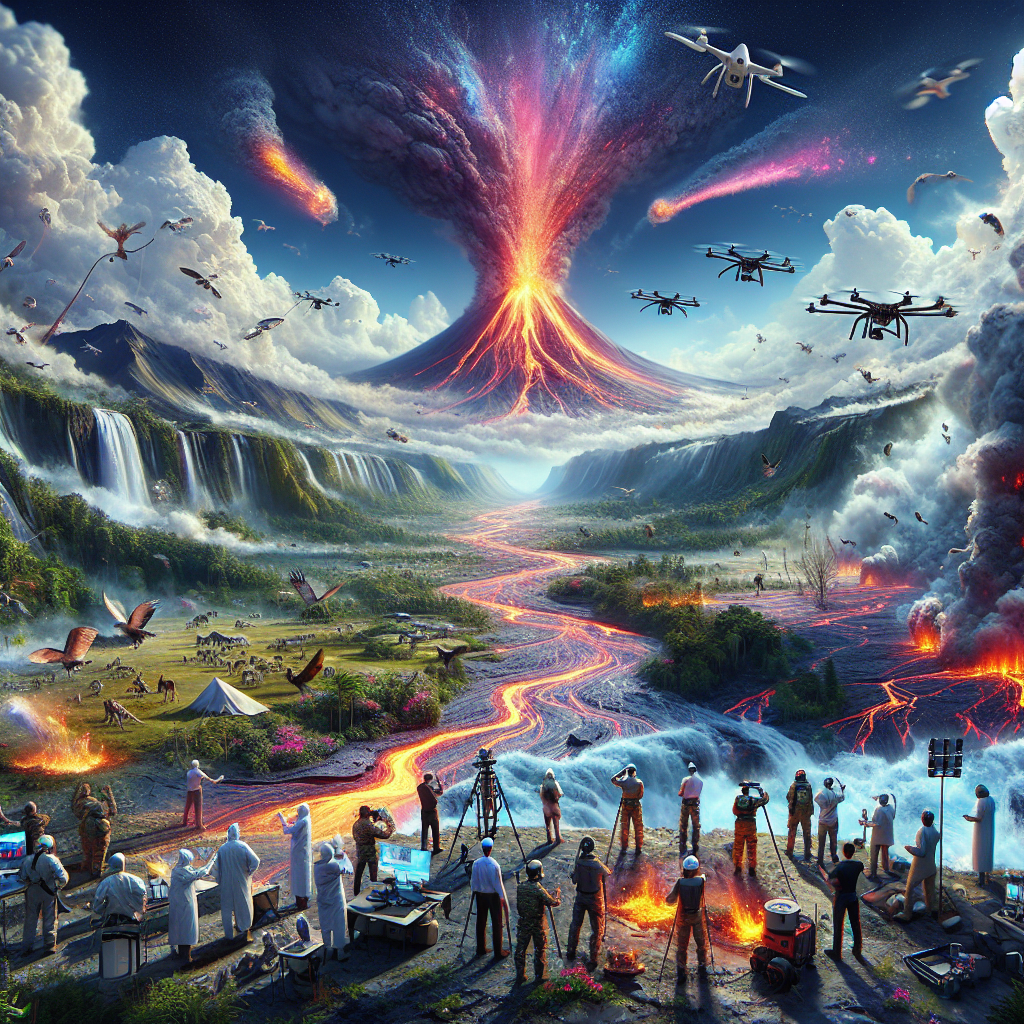Unraveling the Earth’s Fury: How Volcanology Could Save Lives

When we think of nature's most powerful forces, volcanic eruptions often come to mind. With the power to reshape landscapes and impact entire ecosystems, they can be both awe-inspiring and terrifying. But what if understanding these fiery giants could not only save lives but also contribute to a better relationship with our planet?
What is Volcanology?
Volcanology is the scientific study of volcanoes, including their eruptions, lava flows, and the gases they emit. Researchers in this field aim to understand how and why volcanoes erupt, their impact on the environment, and most importantly, how to predict these eruptions to minimize risks to human life and property.
The Importance of Monitoring Volcanoes
Volcanoes can be deceptively silent for decades, lulling nearby communities into a false sense of security. However, beneath the surface, volcanic activity continues to change. By using modern technology like satellite imagery, seismic monitoring, and gas emission analysis, volcanologists can detect early signs of trouble. In fact, effective monitoring can provide critical minutes to days of warning before an eruption—enough time for evacuations and preparations, potentially saving thousands of lives.
Real-World Knowledge Saves Lives
Take the example of Mount St. Helens in Washington, USA. Its infamous eruption in 1980 claimed 57 lives, yet the lessons learned from this event and subsequent monitoring have dramatically improved hazard assessment and emergency response efforts. Volcanologists now work closely with local governments and communities to develop evacuation plans and educate residents on risk management strategies.
Volcanology’s Broader Impact on Science
But volcanology isn't just about eruptions. It plays a vital role in broader scientific conversations, including climate change and geology. The gases emitted by volcanoes—like sulfur dioxide—can affect air quality and even influence climate patterns. By studying these phenomena, scientists gain invaluable insights into Earth’s intricate systems, helping to predict long-term impacts of volcanic activity on global scales.
The Role of Citizen Science
Interestingly, the field of volcanology has also opened avenues for citizen participation. Initiatives encourage local communities to engage in monitoring efforts. By involving residents in observing volcanic activity, they create a more informed populace, enhancing the effectiveness of early warning systems and the community's resilience to potential eruptions.
Conclusion: A Fire Beneath Our Feet
As we unravel the complexities of volcanology, it becomes clear that these majestic mountains of lava are not merely geological features, but critical components of our planet's biosphere. Understanding them better could mean the difference between devastation and preparedness. In embracing the science of volcanology, we empower ourselves to live in harmony with the planet’s mighty forces, ultimately, safeguarding future generations.